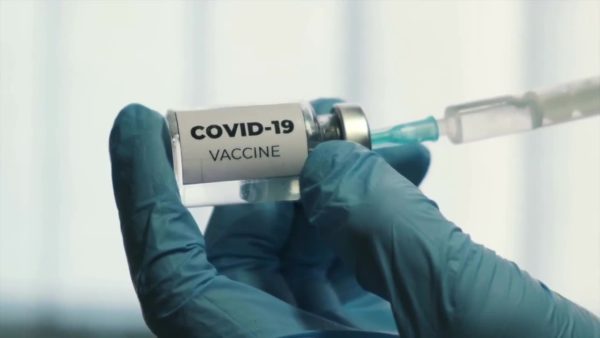As employers grapple with the question of whether and how their workforce can return to the office, a series of federal court decisions issued this week added some clarity ”” and a little confusion ”” to the process.
 What right does a private employer, or the government, have to impose mandatory vaccination requirements on its employees?
What right does a private employer, or the government, have to impose mandatory vaccination requirements on its employees?
As a general principle, mandatory vaccination rules have been upheld by the courts. The precedent most cited is a 1905 U.S. Supreme Court case, Jacobson v. Massachusetts.
In response to the smallpox epidemic, Massachusetts enacted a mandatory vaccination law. Jacobson refused to be vaccinated and was arrested. He claimed the state violated his freedom and his constitutional rights by threatening to imprison or fine him for refusing to be vaccinated. The Supreme Court disagreed, holding that society has a right to protect itself against the threat of a contagious disease by mandating vaccination.
In 2015, the highest federal court in New York upheld mandatory vaccination rules for public school children, with limited exceptions for medical and religious purposes, in Phillips v. City of New York. In doing so, the court noted that New York”™s recognition of a religious exemption to mandatory vaccination requirements exceeded what was required by federal law.
In the 2019 V.D. v. New York case, the New York legislature, in response to an outbreak of measles, repealed the right to claim a religious exemption to the public school vaccination requirement. The repeal of the religious exemption was challenged, but subsequently upheld by the courts.
Recently, a federal court upheld New York City”™s mandatory Covid-19 vaccination requirements for the city’s school teachers in Maniscalco v. City of New York.
In further recognition of the validity of mandatory vaccination policies, another federal court issued a decision this week denying a request by a group of gym and restaurant owners to block an executive order requiring customers to show proof of vaccination to enter indoor commercial establishments (Dixon v. DeBlasio, Judge Cogan, USDC EDNY, Case No. 21-cv- 05090).
Somewhat at odds with these decisions is a ruling by a federal judge this week enjoining New York state from enforcing mandatory vaccination rules for health care workers because the state”™s vaccination requirement does not provide an exemption based on an employee”™s religious beliefs (Dr. A v Hochul, Judge Hurd, USDC NDNY, Case No. 21-cv-1009).
As these decisions are clarified by the appellate courts, employers should adopt a policy that preserves public health and employee well-being, consistent with state and federal guidelines.
That could include a mandatory vaccination requirement, with a limited, reasonable accommodation consistent with the needs of the employer, granted on a case-by-case basis for good cause. In determining what type of accommodation is required, an employer needs to consider whether they are operating in an environment with a vulnerable population ”” like a hospital, nursing home or school ”” and whether the employee can perform their job remotely.
 Jeffrey D. Buss is a founding member of the firm Smith, Buss & Jacobs LLP. He is in charge of the firm”™s Litigation Department.
Jeffrey D. Buss is a founding member of the firm Smith, Buss & Jacobs LLP. He is in charge of the firm”™s Litigation Department.



















